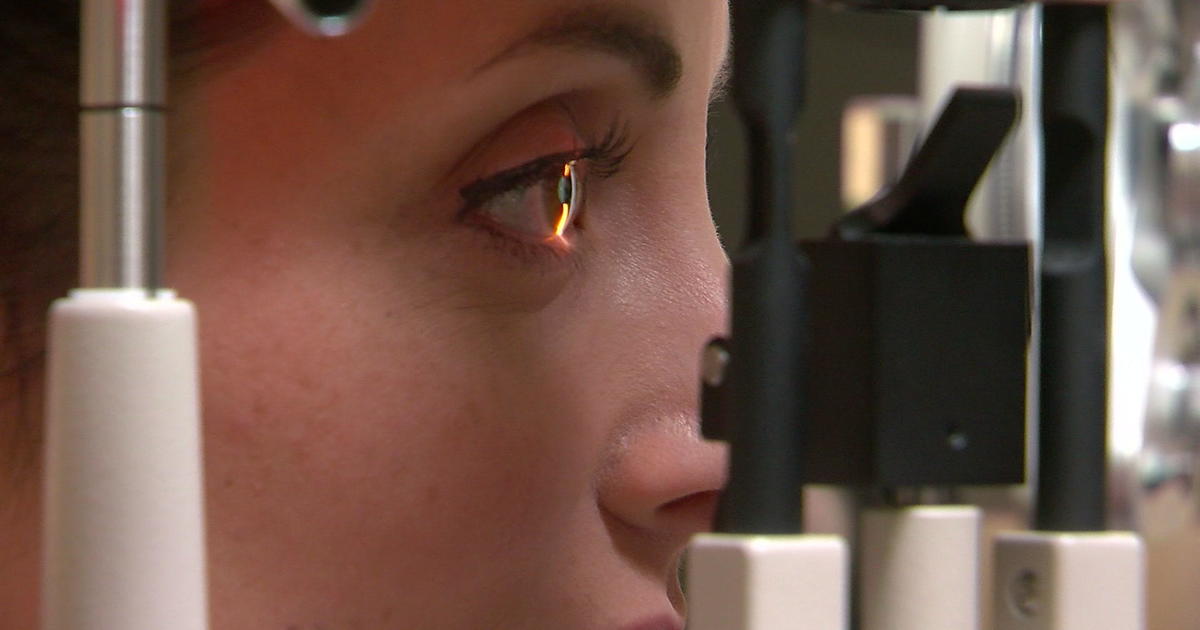Cardiologist: Common Misconception May Be Putting Kids' Health At Risk
PITTSBURGH (CBS) -- The Rana family has never taken health for granted. At only 30-years-old, Prem Rana had a near-fatal heart attack.
"You don't think that it's going to come to you," recalls Sangita Rana, his wife.
The health scare was particularly shocking for the family as Prem has always been active and observes a healthy diet.
When their son's pediatrician heard about their family history, he ordered a cholesterol screening for Arnav.
- For more information on this story, visit CBS Dallas/Fort Worth at this link.
"My first instinct was, 'No, it's got to be some error in the lab, can we do it again?'" Sangita recalls.
It wasn't a mistake.
About 7% of children suffer from high cholesterol in the United States, according to the Centers for Disease Control.
"It's a huge number, which I think is always surprising to people," Dr. Sarah Blumenschein, said pediatric cardiologist at Children's Health Medical Center.
She's helped Arnav manage his cholesterol.
Elevated cholesterol numbers put children at a higher risk for diabetes, heart blood pressure and future heart attacks down the line.
GENES PLAY A BIG PART
Arnav's condition is genetic. His grandmother passed it on to his dad, and his dad to him. It still came as a shock to his family because they've always been careful about diet. They've always made sure Arnav has enough opportunities for exercise. He swims and he bikes to school. The family hikes on weekends.
"It's a sneak thief," Dr. Sarah Blumenschein said. "That's the problem. There are no early warning signals that you are at risk."
She says children who are not treated sooner could have a high risk of heart disease early in life. The problem, she says, if left untreated, this could result in early death.
"This is a disease that starts in childhood," she said. "It increases as you go through your teen years and young adulthood and it often causes tragedy in people in their 30s and 40s."
She recommends every child with a family history be tested by age 8 and again in high school. It is a simple blood test.
POOR DIET AND LACK OF EXERCISE ARE RISK FACTORS
For many children, obesity and diet are risk factors. Monitoring diet and getting enough exercise could help those kids, but sometimes doctors might still put them on medication.
Since Arnav's condition is inherited, diet and exercise aren't enough. He needs medication to manage his levels. So does his dad. Sangita tried diet and exercise to bring the levels down. But it did not work.
"We thought lifestyle could replace medication. That was the part we missed," she said.
She came close to losing her husband, but thanks to the alert doctor who called in a simple test, she knows Arnav won't face the same issues his dad did.
She is speaking out so others can pay more attention to the sneak thief.
"We are living an example," she said. "What happens when you don't take care of it right away, and what happens when you start taking care of it early on."
According to the CDC more than half of U.S. adults who could benefit from cholesterol medication are not taking it.
Dr. Blumenschien says while you can't control genes, you can control diet and exercise. Regardless of their risk, all children benefit from eating well and being active.



